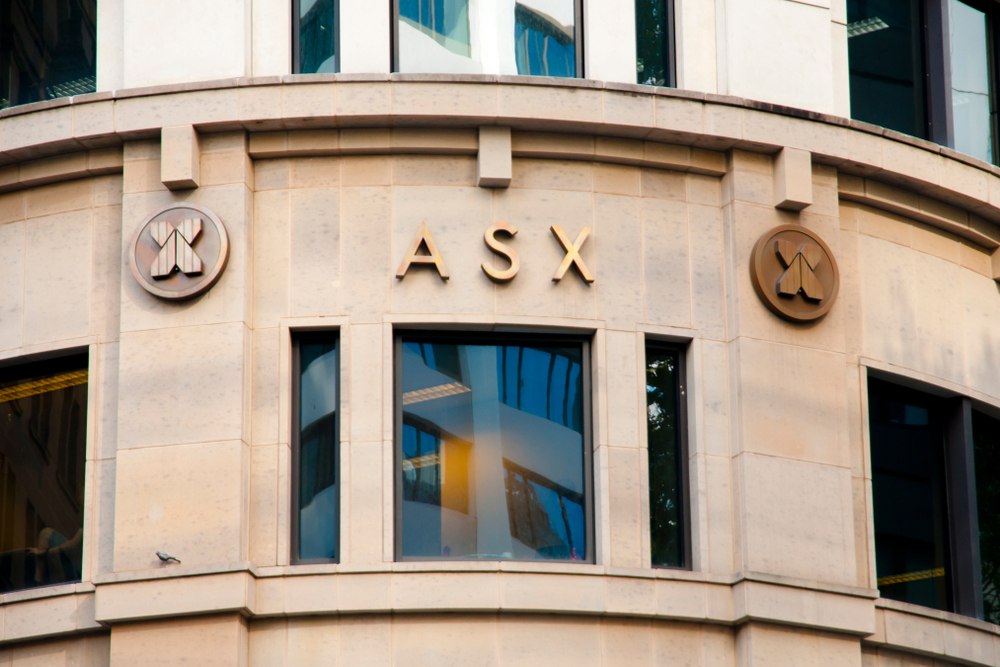Bitcoin Soars to an All-Time High. What’s Next.
Bitcoin, at last check, was at $66,673, according to CoinDesk.
Bitcoin shot up to near $67,000 on Wednesday, passing its previous all-time high of US$64,888.99 reached in mid-April as the crypto community celebrated the launch of the first U.S. Bitcoin exchange-traded fund. The surge of exuberance follows a familiar pattern—traders bid up the price of Bitcoin on news of a groundbreaking event.
“This is the beginning of the normalization of digital currency,” said Anthony Denier, the CEO of stock and crypto trading platform Webull. “There’s a lot of excitement in the space, and deservedly so.”
Bitcoin, at last check, was at US$66,673, according to CoinDesk.
The move comes after the latest sign of legitimacy for cryptocurrencies. After eight years of rejecting proposed Bitcoin ETFs, the Securities and Exchange Commission allowed the ProShares Bitcoin Strategy ETF (BITO) to start trading on Tuesday. It attracted the second-most volume on its first day of any ETF. The ETF holds Bitcoin futures, which critics say make it an imperfect proxy for Bitcoin. But it may attract traditional advisors and investors who want to buy Bitcoin for their investment accounts without having to go to an outside provider.
Rallies like this, however, have sometimes led to heartbreak. After similar moves leading up to the launch of Bitcoin futures in 2017, and the market debut of Coinbase Global (ticker: COIN) stock this April, Bitcoin fell by more than 20% in a matter of days. Webull’s Denier said that the latest move is starting to feel like those moments.
“It’s been a very aggressive rally,” he said. For people trading Bitcoin “it’s feeling a little tough” to keep holding it at these levels. “If you’re a long-term believer, you’re looking to sell it at six figures.”
 Copyright 2020, Dow Jones & Company, Inc. All Rights Reserved Worldwide. LEARN MORE
Copyright 2020, Dow Jones & Company, Inc. All Rights Reserved Worldwide. LEARN MORE
This stylish family home combines a classic palette and finishes with a flexible floorplan
Just 55 minutes from Sydney, make this your creative getaway located in the majestic Hawkesbury region.
Continued stagflation and cost of living pressures are causing couples to think twice about starting a family, new data has revealed, with long term impacts expected
Australia is in the midst of a ‘baby recession’ with preliminary estimates showing the number of births in 2023 fell by more than four percent to the lowest level since 2006, according to KPMG. The consultancy firm says this reflects the impact of cost-of-living pressures on the feasibility of younger Australians starting a family.
KPMG estimates that 289,100 babies were born in 2023. This compares to 300,684 babies in 2022 and 309,996 in 2021, according to the Australian Bureau of Statistics (ABS). KPMG urban economist Terry Rawnsley said weak economic growth often leads to a reduced number of births. In 2023, ABS data shows gross domestic product (GDP) fell to 1.5 percent. Despite the population growing by 2.5 percent in 2023, GDP on a per capita basis went into negative territory, down one percent over the 12 months.
“Birth rates provide insight into long-term population growth as well as the current confidence of Australian families,” said Mr Rawnsley. “We haven’t seen such a sharp drop in births in Australia since the period of economic stagflation in the 1970s, which coincided with the initial widespread adoption of the contraceptive pill.”
Mr Rawnsley said many Australian couples delayed starting a family while the pandemic played out in 2020. The number of births fell from 305,832 in 2019 to 294,369 in 2020. Then in 2021, strong employment and vast amounts of stimulus money, along with high household savings due to lockdowns, gave couples better financial means to have a baby. This led to a rebound in births.
However, the re-opening of the global economy in 2022 led to soaring inflation. By the start of 2023, the Australian consumer price index (CPI) had risen to its highest level since 1990 at 7.8 percent per annum. By that stage, the Reserve Bank had already commenced an aggressive rate-hiking strategy to fight inflation and had raised the cash rate every month between May and December 2022.
Five more rate hikes during 2023 put further pressure on couples with mortgages and put the brakes on family formation. “This combination of the pandemic and rapid economic changes explains the spike and subsequent sharp decline in birth rates we have observed over the past four years,” Mr Rawnsley said.
The impact of high costs of living on couples’ decision to have a baby is highlighted in births data for the capital cities. KPMG estimates there were 60,860 births in Sydney in 2023, down 8.6 percent from 2019. There were 56,270 births in Melbourne, down 7.3 percent. In Perth, there were 25,020 births, down 6 percent, while in Brisbane there were 30,250 births, down 4.3 percent. Canberra was the only capital city where there was no fall in the number of births in 2023 compared to 2019.
“CPI growth in Canberra has been slightly subdued compared to that in other major cities, and the economic outlook has remained strong,” Mr Rawnsley said. “This means families have not been hurting as much as those in other capital cities, and in turn, we’ve seen a stabilisation of births in the ACT.”
This stylish family home combines a classic palette and finishes with a flexible floorplan
Just 55 minutes from Sydney, make this your creative getaway located in the majestic Hawkesbury region.






















